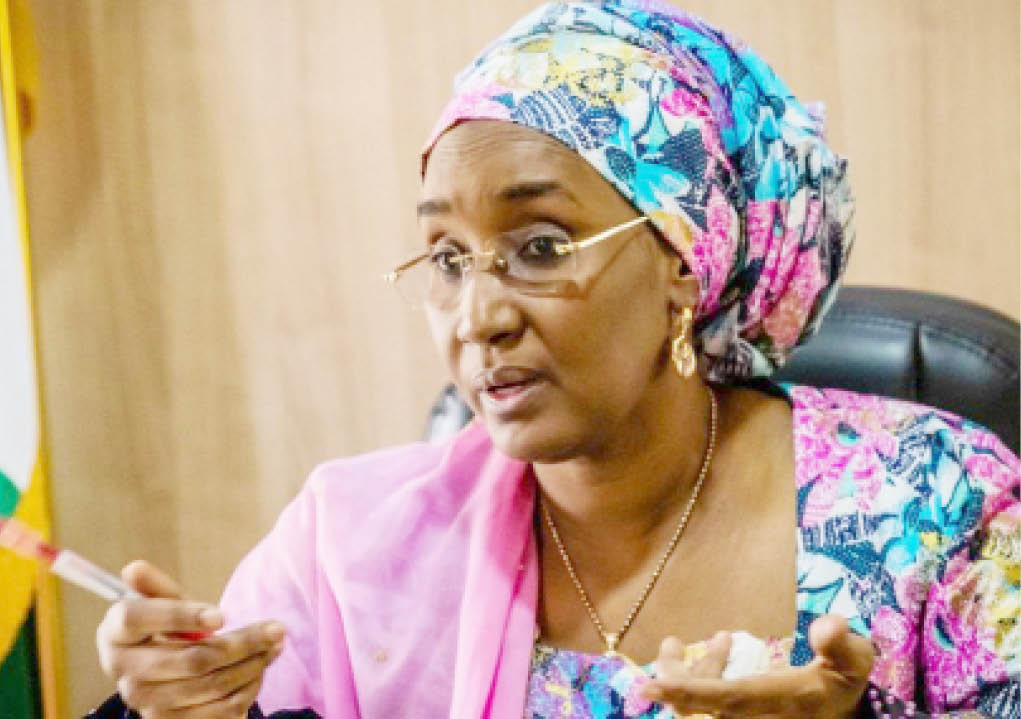The Minister of Humanitarian Affairs, Disaster Management and Social Development, Hajiya Sadiya Umar Farouk, has said 755 civilians have been killed and 1,321 injured by explosive ordnance in Adamawa, Borno and Yobe states in the last six years.
Speaking yesterday in Abuja during the inauguration of the National Humanitarian Mine Action Committee, she quoted the United Nations (UN) Humanitarian Programme Cycle 2022, which was issued in February this year, as stating that “approximately 1.2 million individuals in Borno, Adamawa and Yobe states continue to be affected by the widespread and indiscriminate use of EO, including refugees, IDPs, returnees and host communities.”
She said the most recent incident occurred in August this year, where 13 people were killed by explosive ordnances in Bama Local Government Area of Borno State.
Farouk explained that internally displaced persons (IDPs) who returning home following the improvement in security were, however, losing their lives and limbs by inadvertently coming into contact with explosive remnants of war.
She said majority of victims were men involved in farming, travelling and scrap metal collectors, adding that women who were collecting woods, as well as children playing were at a major risk of such explosion.
She said the number of explosive incidents had increased in 2021, with 293 explosive incidents recorded from January to the first week of November 2021 as compared to 295 for the whole of 2020.
She said that for a safe return of IDPs and refugees in the North East, as well as farming activities to resume, agricultural lands must be surveyed for explosive contamination and farmers provided with explosive ordnance risk education.

 Join Daily Trust WhatsApp Community For Quick Access To News and Happenings Around You.
Join Daily Trust WhatsApp Community For Quick Access To News and Happenings Around You.


